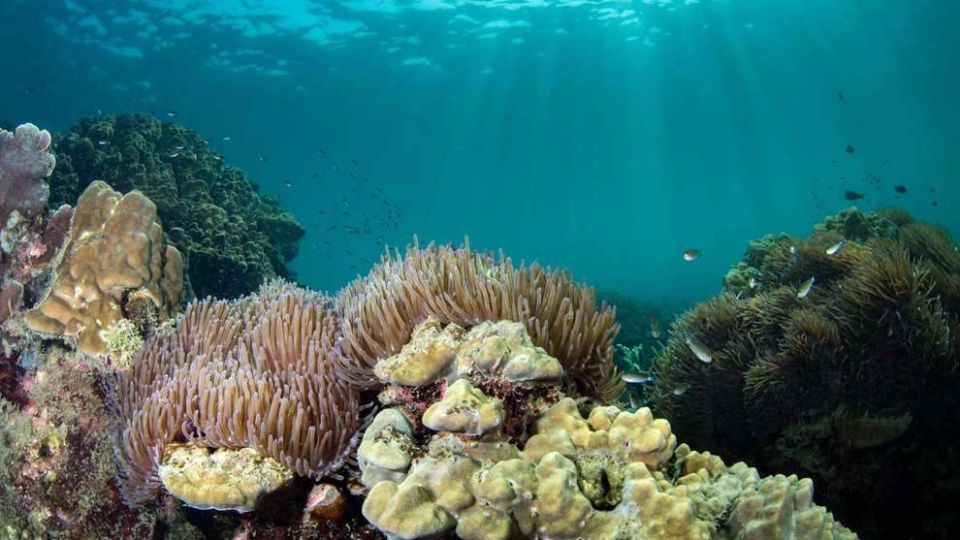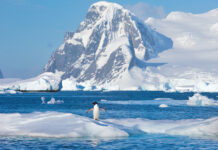PHNOM PENH (ANN/THE PHNOM PENH POST) – A freshly released UNESCO report, backed by Iceland and crafted by a coalition of over 100 scientists spanning nearly 30 nations, brings to light concerning revelations about the state of our oceans.
Unveiled on June 3, the “State of the Ocean Report 2024” paints a stark picture of oceanic health, detailing pressing issues such as accelerated warming, surging sea levels, pollution, acidification, deoxygenation, blue carbon depletion, and biodiversity loss.
The report discloses that ocean warming has surged twofold compared to two decades ago, making 2023 one of the hottest years since the 1950s. Despite efforts outlined in the Paris Agreement to cap global warming under 2°C from pre-industrial levels, ocean temperatures have already soared by an average of 1.45°C.
As a result, global sea levels have surged by 9cm in the last 30 years, with the rate of increase doubling within this timeframe. With the ocean absorbing 90 per cent of the surplus heat from the atmosphere, thermal expansion now contributes to 40 per cent of the global sea level rise.
Moreover, the report underscores the grim plight of coastal species grappling with dwindling oxygen levels. Since the 1960s, the ocean has witnessed a 2 per cent decline in oxygen levels, fostering over 500 “dead zones” where marine life teeters on the brink of extinction. Coastal waters are also experiencing alarming acidity fluctuations, triggering mass fatalities among juvenile marine species ill-equipped to adapt.
UNESCO Director-General Audrey Azoulay underscores the gravity of these findings, signalling a clarion call for urgent action.
“This UNESCO report shows that climate disruption is having an increasingly strong impact on the state of the ocean. Temperature, acidification, sea level: all the alarm bells are ringing,” she stated.
“In addition to implementing the Paris Climate Agreement, we call on our member states to invest in the restoration of marine forests and to better regulate marine protected areas which are important reservoirs of biodiversity,” she added.
According to the organisation, marine forests such as mangroves, seagrass plains and tidal marshes play a crucial role in absorbing carbon and supporting biodiversity. However, nearly 60 per cent of countries have not included marine forest conservation in their national climate plans.
UNESCO’s ongoing efforts, including leading the UN Decade of Ocean Science for Sustainable Development from 2021 to 2030, aim to improve knowledge and protection of the ocean.
It has launched over 500 projects globally, mobilising more than a billion dollars to support scientific cooperation, high-definition seabed mapping and innovative ecosystem protection solutions, as per the organisation.




















































